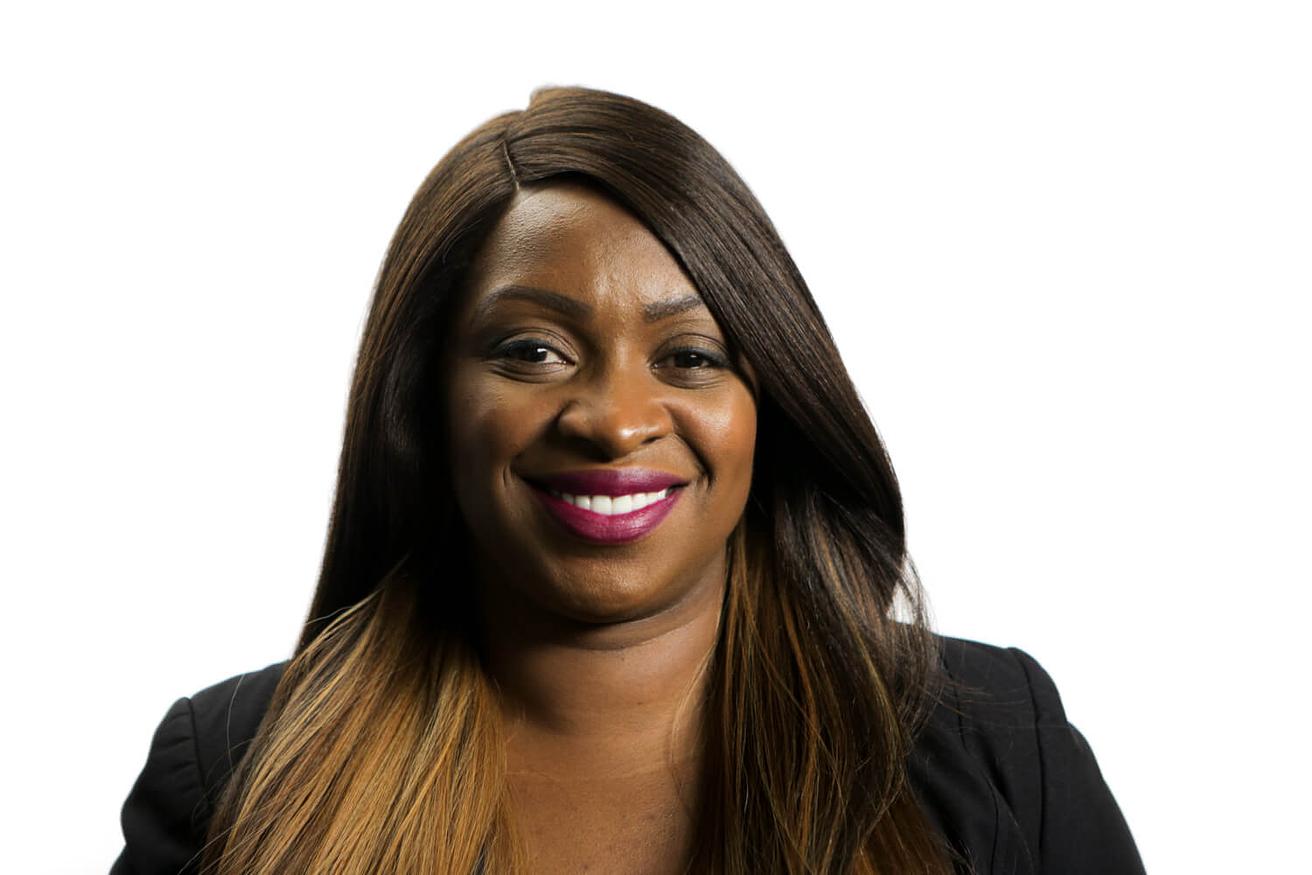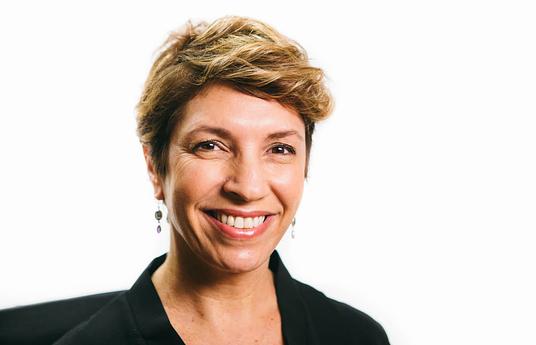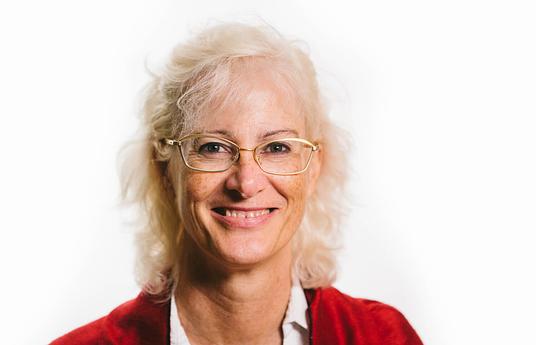Erika Brodnock is the Founder and CEO of Karisma Kidz, an interactive brand developed over two decades that teaches children skills in wellbeing. The aim of the program is to strengthen the parent-child bond and make children feel empowered.
Skills
Are schools teaching the skills students need?
I don’t think that we are educating children effectively to cope with the world that they are now inhabiting. I think that there are a number of issues and situations as inhabitants of the twenty-first century that weren’t around in the eighteenth century when education was developed, and we are still teaching the same curriculum.
The advancement of technology, the difficulties with online safety and all sorts of other bits and pieces, are being pieced together and hacked on to the curriculum where actually I think we need an overhaul. More of the focus needs to be on teaching how to be emotionally adept, how to manage change, how to be adaptable to new circumstances. Because, let’s be frank, the degree courses and all of the learning that we are giving them now isn’t actually going to be worth the paper it’s written on by the time they actually enter the real world of work and come to use them. That’s the way that things are evolving.
What are the skills we need to be teaching our children?
I think there are a number of skills we need to teach to our children in this day and age - the skills of empathy, kindness, resilience, the ability to be happy, to seek to make other people happy, the traits of wanting to care for the environment we live in and those around us. We also need to teach them skills such as mathematics, English and the sciences, and all of the skills that they need to be well-rounded adults.
Teachers
What is the role of the teacher?
The role of the teacher is to guide and support students in their learning. Traditionally we’ve seen that the role of the teacher is to stand at the front and to teach and impart learning. What needs to happen now as we move forwards in the next few years, is for teachers to become facilitators of learning and to help to guide and support the students that they are working with.
Assessment
Do you think standardized testing is an effective way to assess learning?
I don’t think standardized testing is as effective as it could be in terms of assessing where children are. With the advancement of technology to the level that we are at now, we could be a lot more creative and infinitely more innovative about finding out how a child’s progressing there and then. What I would love would be if we could look at whether a child has grasped a concept instantly, and then be able to correct it if they haven’t or allow them to pass a module if they have.
Environments
What are the challenges of a traditional classroom setting?
I think some of the challenges in a traditional classroom center around some children being really able and some being less able. Some children are completely stressed out when they arrive at school and some are completely happy, calm and in a place where they are ready to absorb learning. Traditionally what happens is if a child is too stressed or wound up to learn, they fall behind and lose confidence.
It becomes a cycle that keeps repeating itself, because the more they lose confidence, the more stressed they become. The more stressed they become, the less they take in and learn and are able to assimilate. Then they fall further behind and that makes them lose confidence further. So it becomes a really vicious cycle which means that you end up in a situation where some children perform really really well and get on amazingly with education, whereas others, from the very earliest interactions with education, believe that they can’t. That belief follows them through life.
You can see instances where the school system has completely failed children. Not because the child’s a failure, but because they didn’t get on with the system. I think one of the most powerful things is to teach children in a way that they’re able to learn, rather than teaching them what we think they need to learn.
What would be the most exciting learning environment?
An adaptive learning environment would be really, really exciting. One that is completely technology-enabled and allows children to learn in a way that is completely adaptive to their preferred learning style.
For instance, I’m a really auditory person, which is why every time I’m asked a question I rabbit on for about five minutes because I love speech, I love to listen, I love to engage in that way. Yet if you asked me to read something visually or to look at something from a visual perspective, I’m not as strong in that area. So I wouldn’t engage as much with things being written up on the blackboard. It was a blackboard when I was in school - that’s how old I am.
If we were able to identify really early on how a child learns best and then play to their strengths whilst also finding ways to enhance the areas that they’re not so strong in, that would be a really exciting place to be.
Leadership
What role do you think the government should play in education?
The government should play a pivotal role in education. More and more we’re seeing the responsibility of education being devolved out to individual schools. That should come back under one roof and we should start to see that there’s a standardized process for the function of education. Meanwhile, in educational establishments, the curriculum and the teaching methods of the curriculum are then geared to individual children.
Personal memory
What was your favorite moment in your own education?
I guess it’s a favorite moment that’s defined by a person, and that person was Sister Annette. She was my year eight maths teacher. I couldn’t get my head around quadratic equations, so she broke them down for me in a really simple and effective way.
Most of all she gave me confidence around the fact that actually, no matter how difficult something appeared, we could always break it down into parts. By breaking it down into parts and conquering each little part we would then turn around and solve the entire problem. That information has stayed with me, and has actually defined many difficult moments in my adult life.
She was inspirational as a teacher. I went on to get an A in mathematics and I think that’s solely tributed to the inspiration that she was to me in year eight.
I had another favorite teacher at primary school - Mrs. Essed. I think she’s now actually the headteacher of the primary school that I went to, whereas she was a class teacher back then. She was a phenomenal teacher - she made the children feel at ease, she always greeted us with a warm smile, she would hug us and do all sorts of bits and pieces that you’re not allowed to do nowadays. She was an absolutely amazing teacher and she brought out the best in students.
Every story I have about fantastic teachers are always about how they were able to connect and engage with me on an emotional level, and those teachers made learning easy. All teachers need to be infinitely aware of the impact that they have on their students and therefore create an environment that is conducive to happiness and being able to learn happily.
The next 100 years..
The next 100 years of Finnish education should… meet the needs of individual children, be completely adaptive and responsive to their individual needs, and prepare them for the world that we will soon inhabit.


